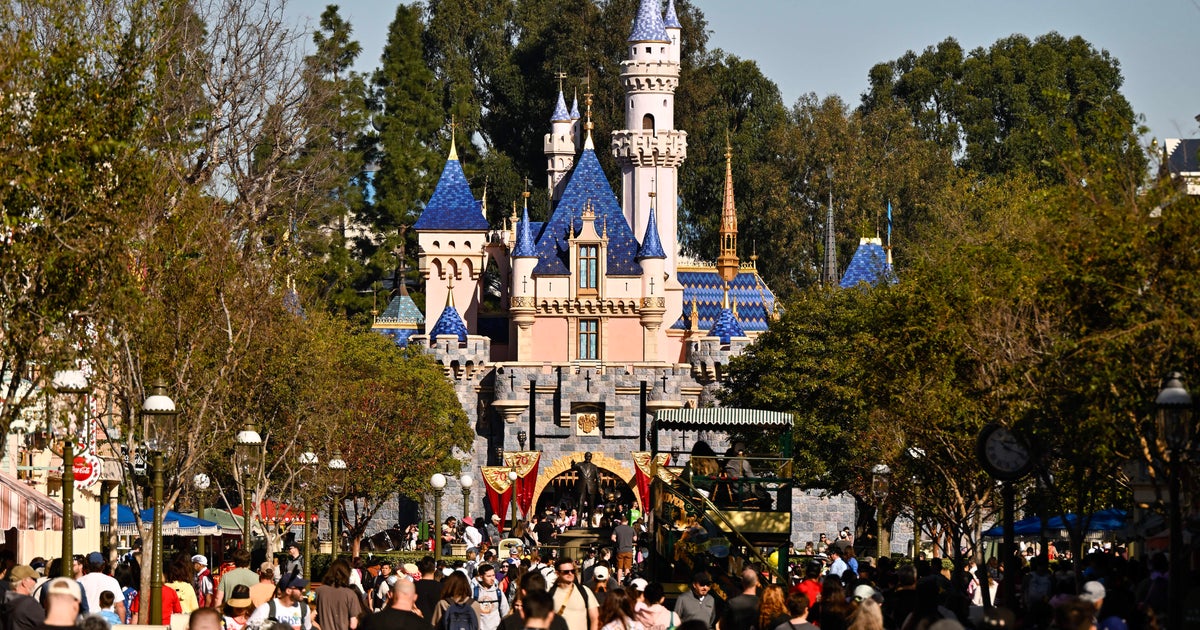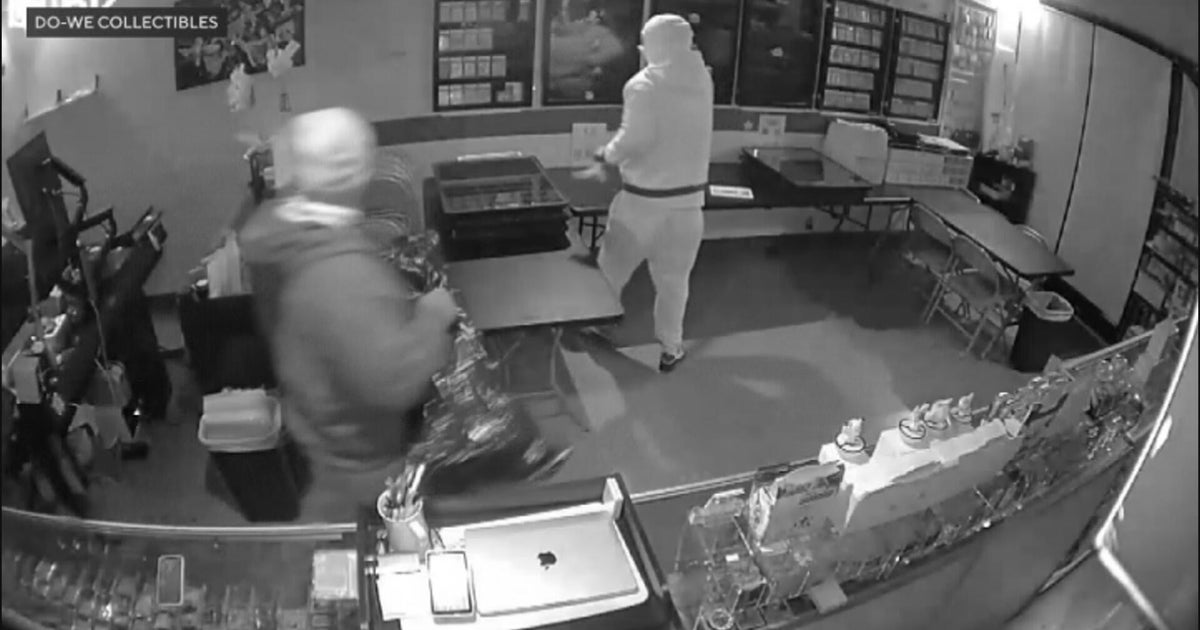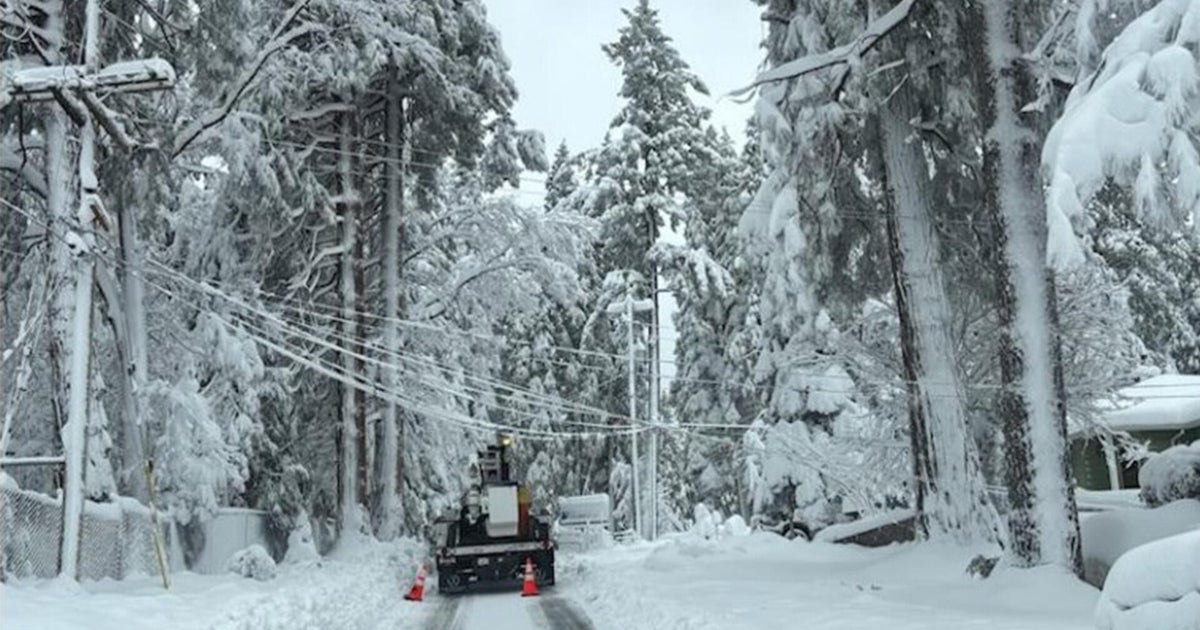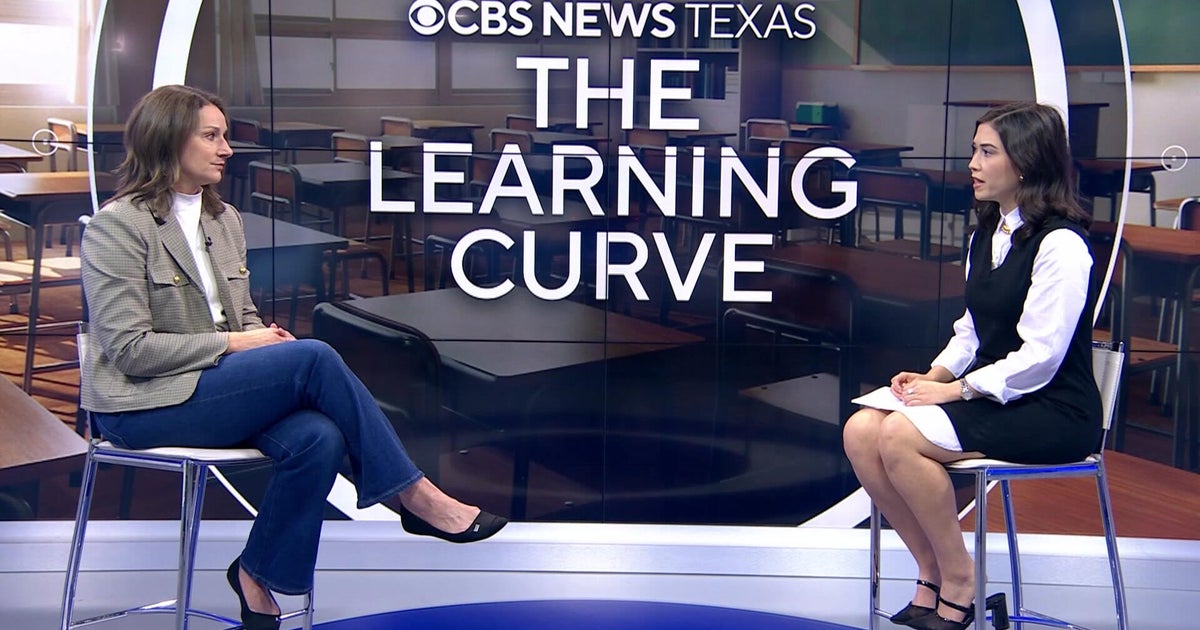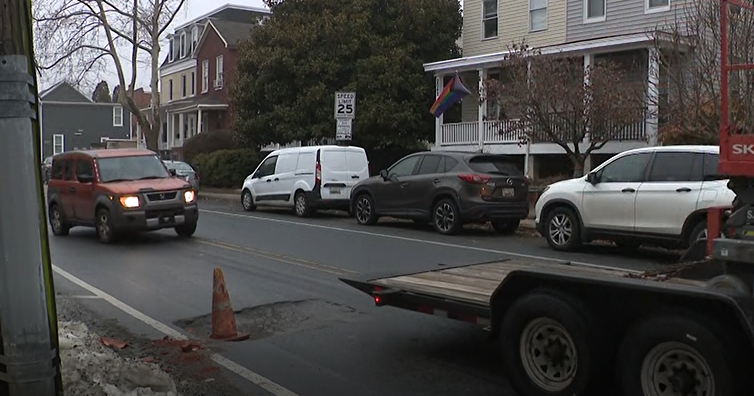California Theme Parks Fight Back Against Shutdown Order
SACRAMENTO (CBS13) — After being shut down for more than seven months because of COVID-19, a consortium of California theme park operators is threatening to sue the state of California over guidelines they say could keep them closed at least until next summer. Separately, Disneyland and the Anaheim Chamber of Commerce have launched a grassroots campaign to put public pressure on Gov. Gavin Newsom.
Anaheim Chamber of Commerce CEO Todd Ament says 60 percent of the city's revenue is directly related to the Disneyland Resort. Ament says 20,000 jobs and $2.1 billion in economic activity have already been lost since the March shutdown.
"Everybody's been holding on a month at a time thinking, OK, I've just got to get through another month. They're going to come up with guidelines," Ament said.
The state did, indeed, publish guidelines on Oct. 20 for theme parks to reopen. The new guidance allows theme parks to open when the risk of COVID-19 is "minimal," categorized as Yellow Tier 4. Los Angeles County is still in the "widespread" Purple Tier 1 and Orange County is in the "substantial" Red Tier 2. Orange County's public health director said the guidelines would likely prevent Disneyland from reopening at least until next summer, and even then theme parks would be limited to 25 percent capacity. In a press briefing on Oct. 12, Gov. Newsom said the state would be "stubborn" to protect the safety of Californians.
"It doesn't make sense to us that movie theaters and bowling alleys are open, you can sit on a plane, you can go to restaurants outside of a resort or theme park," Ament said. "But you can't go to restaurants at a theme park."
The Reopen OC Now campaign features tearful testimonials from local business owners who have been forced to lay off staff and face potential closure. Ament said the campaign has generated 18,000 letters to Gov. Newsom since its launch earlier this month.
When asked for a response, the governor's chief of staff referred CBS13 to the state's chief health officer, Dr. Mark Ghaly, whose office provided the following written statement:
"California's Blueprint for a Safer Economy is intentionally slow and stringent to help slow and stop the spread of COVID-19. Sectors that are at higher risk for COVID-19 transmission, such as theme parks, are only allowed to resume operations in tiers where community spread is lower. Theme parks are a high-risk setting where large scale, random mixing occurs. Theme parks draw regional, national and international attendees that may spend days mixing with others outside their own household," said California Health and Human Services Secretary Dr. Mark Ghaly. "The state's public health guidelines have always been driven by data and science. This will continue. As the data evolves and science evolves we will update the guidelines and Blueprint accordingly as we did this week to allow all personal care services to operate statewide with modifications."
Disneyland is the only Disney resort worldwide that is still closed because of COVID-19. Disney World in Orlando opened in July with strict limitations on attendance and Florida health officials say there have been no COVID-19 clusters as a result. Todd Ament, the Anaheim Chamber of Commerce CEO, said his community could lose a total of 33,000 jobs if Disneyland is forced to remain closed into 2021.
"The virus is the same here as in Florida, yet we're treating it so different," he said.
Under the new state guidelines, smaller amusement parks would be able to open when their counties reach Orange Tier 3 "moderate" COVD-19 risk. Attendance at smaller parks would be capped at 25 percent of capacity or 500 people, whichever is smaller, and ticket sales would be limited to visitors who live in the county where the park is located. All activities would have to take place outdoors under the guidelines.
